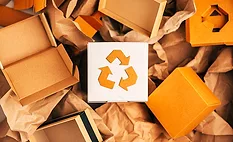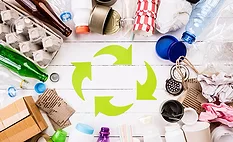
European Perspectives
Isabelle Alenus, who serves as senior communications manager for FEICA, the European association of the adhesive and sealant industry, discusses industry-related trends, activities, and regulations in Europe.
Articles
More ArticlesKeep the info flowing with our newsletters!
Get the latest industry updates tailored your way.
JOIN TODAY!Copyright ©2025. All Rights Reserved BNP Media.
Design, CMS, Hosting & Web Development :: ePublishing


